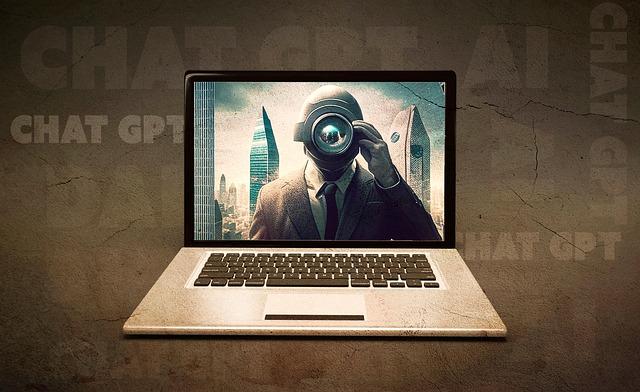
Chatbot Accuracy
Understanding Chatbot Accuracy
In the ever-evolving landscape of technology, chatbots have become a staple in customer service and operational workflows. But how accurate are these conversational AI systems? The accuracy of a chatbot is crucial, not just for user satisfaction but also for maintaining trust in the technology. Let’s dive into what chatbot accuracy means and why it matters.
What is Chatbot Accuracy?
Chatbot accuracy refers to the ability of a chatbot to provide correct and relevant responses to user queries. This involves understanding the context of a question and delivering an answer that meets user expectations. Accuracy can be broken down into several components:
- Response Relevance: The answer must directly relate to the question asked.
- Information Correctness: The information provided should be factually accurate.
- Contextual Understanding: The chatbot should grasp the nuances of the conversation.
- User Intent Recognition: Understanding what the user is really asking for is key.
The Importance of Accuracy
Why is accuracy so important? Well, inaccurate responses can lead to frustration and misinformation. A recent study highlighted that chatbots, including advanced models like ChatGPT, often struggle with accuracy, failing to address a significant number of queries correctly. This can result in what some researchers call "AI hallucinations," where the chatbot generates plausible-sounding but incorrect information. 😬
In customer service, this can have real-world implications. If a customer receives incorrect information about a product or service, it can lead to dissatisfaction and loss of trust in the brand. Therefore, ensuring that chatbots are grounded in accurate, up-to-date information is crucial for their effectiveness.
Challenges in Achieving Accuracy
Despite advancements in AI, achieving high levels of accuracy in chatbots remains a challenge. Here are a few reasons why:
- Data Quality: Chatbots rely heavily on the data they are trained on. If the data is outdated or incorrect, the chatbot’s responses will reflect that.
- Complex Language: Natural language is often ambiguous. A question can have multiple interpretations, making it difficult for a chatbot to respond accurately.
- Contextual Shifts: Conversations can change direction quickly, and maintaining context is essential for accurate responses.
- Technical Limitations: Even the most advanced AI models have limitations in understanding complex queries.
Improving Chatbot Accuracy
So, how can we improve chatbot accuracy? Here are some strategies:
- Regular Updates: Keeping the training data updated with the latest information ensures that chatbots can provide accurate responses.
- Enhanced Training: Using diverse datasets and real-world scenarios during training can help chatbots better understand user queries.
- Feedback Loops: Implementing systems where users can provide feedback on responses can help refine the chatbot’s accuracy over time.
- Human Oversight: Involving human agents to review and correct chatbot responses can significantly enhance accuracy.
Conclusion
Chatbot accuracy is a vital component of effective customer interactions. While there are challenges to achieving high accuracy, ongoing advancements in AI and machine learning are paving the way for more reliable conversational agents. As businesses continue to integrate chatbots into their customer service strategies, focusing on accuracy will be key to ensuring positive user experiences. 🌟
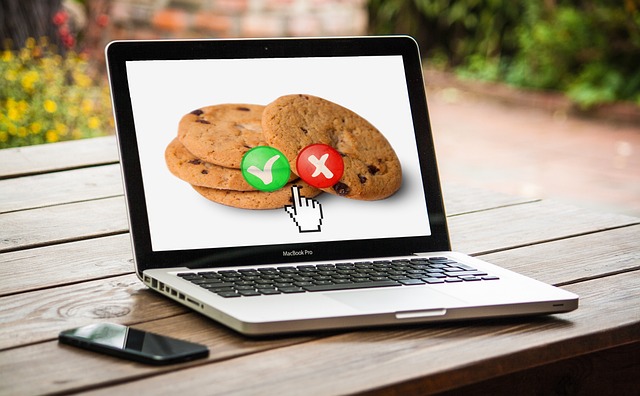

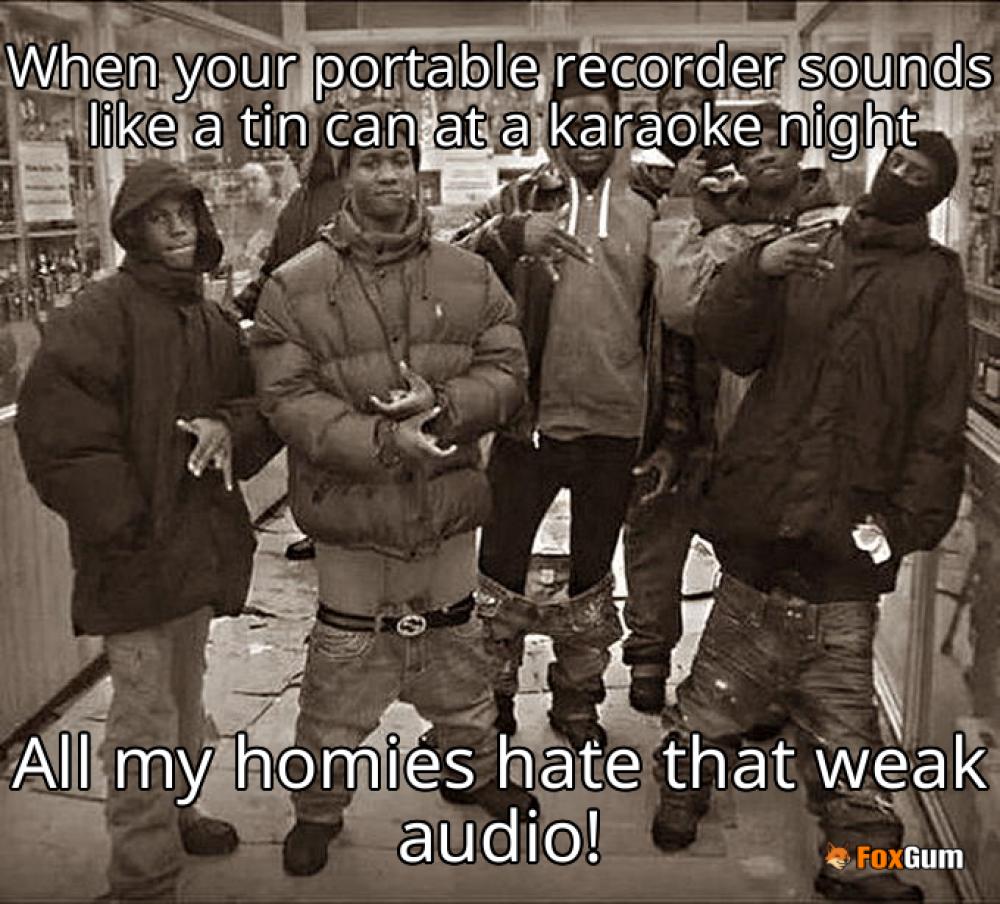
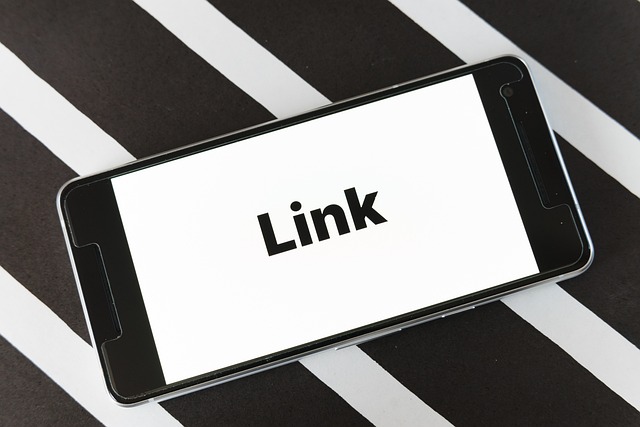
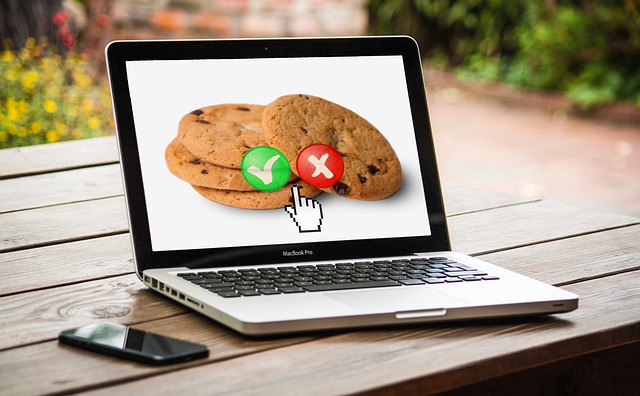




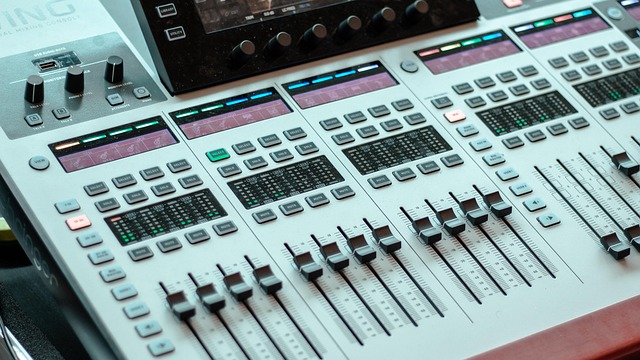




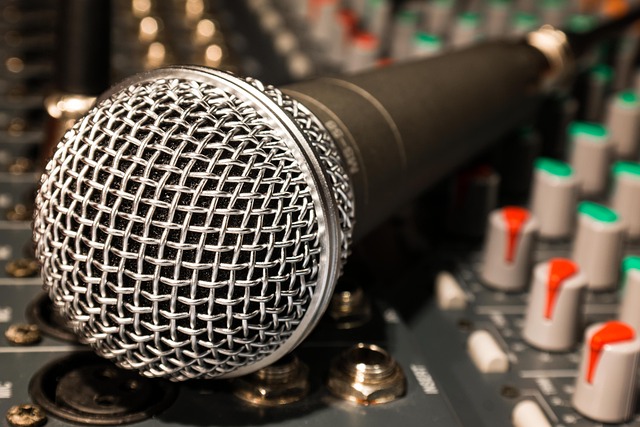

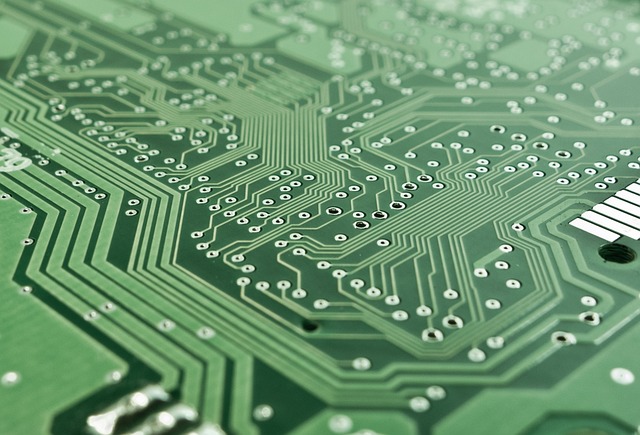
 Motherboard Sizes
Motherboard Sizes 
 Health
Health  Fitness
Fitness  Lifestyle
Lifestyle  Tech
Tech  Travel
Travel  Food
Food  Education
Education  Parenting
Parenting  Career & Work
Career & Work  Hobbies
Hobbies  Wellness
Wellness  Beauty
Beauty  Cars
Cars  Art
Art  Science
Science  Culture
Culture  Books
Books  Music
Music  Movies
Movies  Gaming
Gaming  Sports
Sports  Nature
Nature  Home & Garden
Home & Garden  Business & Finance
Business & Finance  Relationships
Relationships  Pets
Pets  Shopping
Shopping  Mindset & Inspiration
Mindset & Inspiration  Environment
Environment  Gadgets
Gadgets  Politics
Politics 